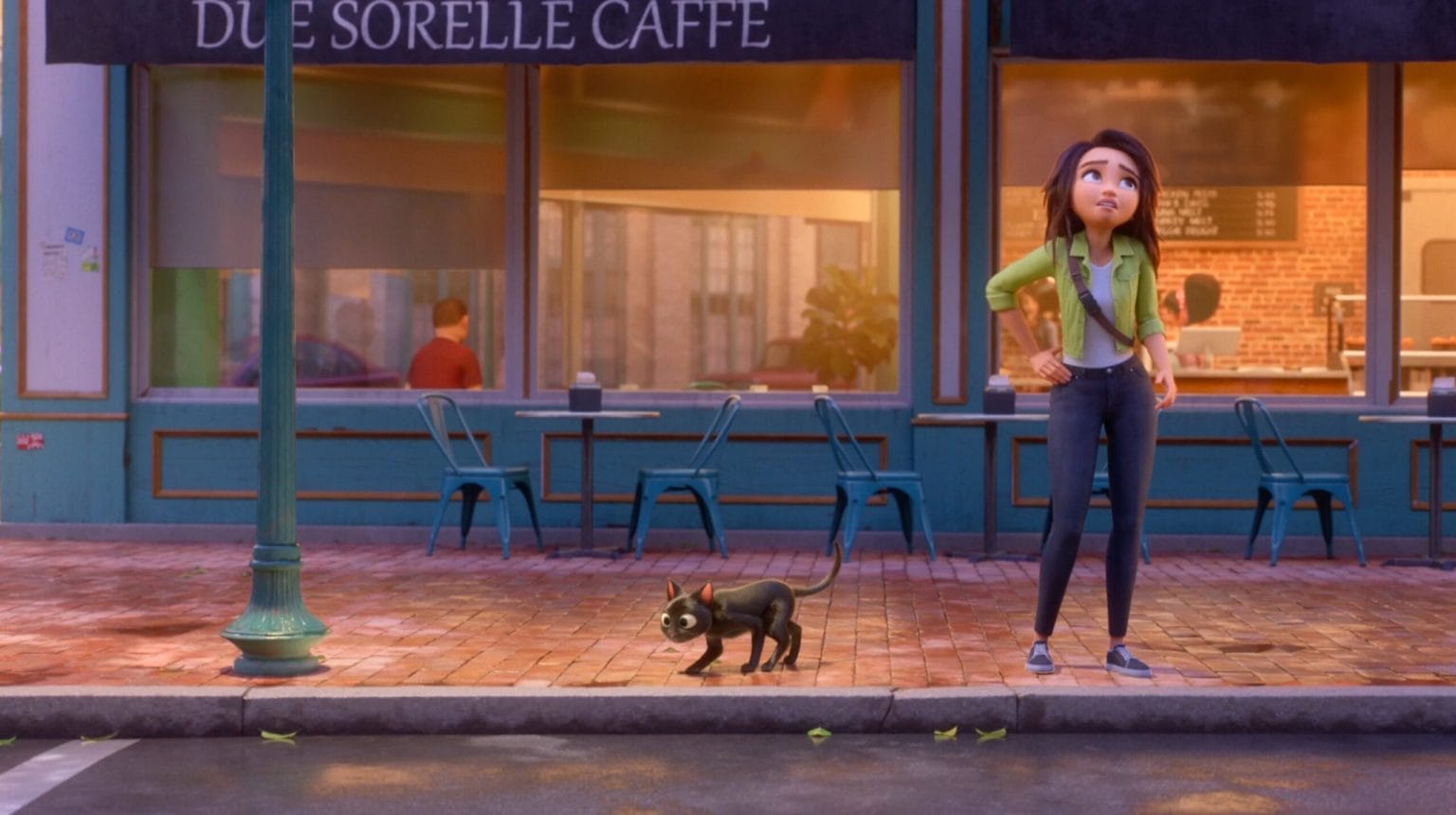'Luck' and the Unlucky Trend

The last three films I watched, in order, would be Bullet Train (2022), Final Destination (2000), and Luck (2022). By happy coincidence, all three concern the theme of luck, or more accurately, bad luck, from a similar perspective: it’s just random happenstance and our interpretation of the happenstance that ultimately determine whether what we experience is good or bad luck. (Except maybe for Final Destination, in which case it’s pretty much just bad luck.)
And while my choice to finally check off Final Destination from my watchlist may have been random, the shared theme between the newest original on Apple TV+, Luck, and Bullet Train isn’t just luck. Despite both productions having plans in place before the pandemic, they both deliberately speak to the long spell of unluckiness that’s seemed to have plagued North American culture since at least 2020.
Stop me if you’ve heard the words “burnout” or “isolation” or “brain fog” more since the start of the pandemic than the preceding five years combined. A co-worker of mine and her children all just caught COVID-19 for the third time in the short six months I’ve known her. “I just feel so unlucky,” I recall her lament about the third round with the disease. We all know the feeling: our neighbors and loved ones are dying more frequently, inflation forces compromises between grocery shopping and utility bills, and we just can’t stay away from the flu-like vector haunting our lives. Unluckiness might be the emotion of the 2020s so far—especially for the privileged. And both Luck and Bullet Train capitalize on this.
Continue reading at the Boston Hassle.